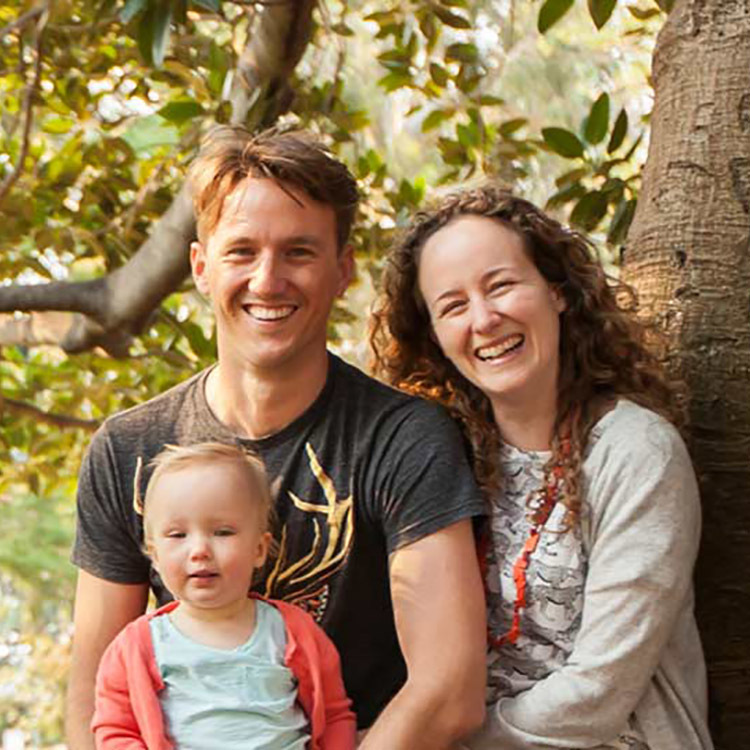Search
Showing results for "8"
The objective was to assess the glucagon response to hypoglycemia and identify influencing factors in patients with type 1 diabetes compared with nondiabetic...
We propose that mechanical abnormalities of the airway wall acquired through disrupted fetal growth impact susceptibility to disease
We evaluated the immunogenicity and safety of 1 and 2 doses of MenACWY-TT, given alone or co-administered with PCV13 in toddlers.
This study sought to determine relationships, by gender, between childhood behaviour problems and adolescent risky sexual behaviours and substance use.
The prevalence of multiple sclerosis follows a latitude gradient, with increased disease at higher latitudes.
The “Earthrise” photograph, taken on the 1968 Apollo 8 mission, became one of the most significant images of the 20th Century. It triggered a profound shift in environmental awareness and the potential for human unity—inspiring the first Earth Day in 1970. Taking inspiration from these events 50 years later, we initiated Project Earthrise at our 2020 annual conference of inVIVO Planetary Health.
Access to adequate nutrition is a human right. In 2023, 23% of Australian households were severely food insecure, reducing food intake, skipping meals or days of eating. Food insecurity in early childhood is linked to poor health and development. Specifically, breakfast provides children with the necessary nutrients required for sustained attention, memory, and cognitive growth. Australian research has reported that one in three children aged 8–18 years regularly skip breakfast. However, there is little understanding of the prevalence of food insecurity among young children in Australia.

The Kids is collaborating with government agencies, parents and school representatives to trial an innovative intervention delivered through schools to increase parents’ knowledge and skills to delay and reduce teenage alcohol use.

A new study looking at the receptive language development of young children has highlighted the need to monitor kids over time to ensure they don't fall behind.
Long term benefits for a child if their mother quits smoking even after the pregnancy are established.
